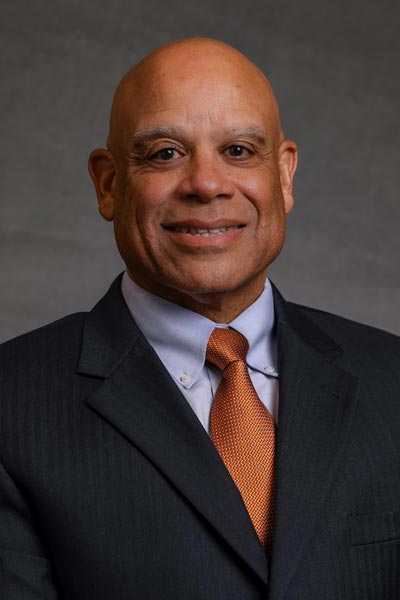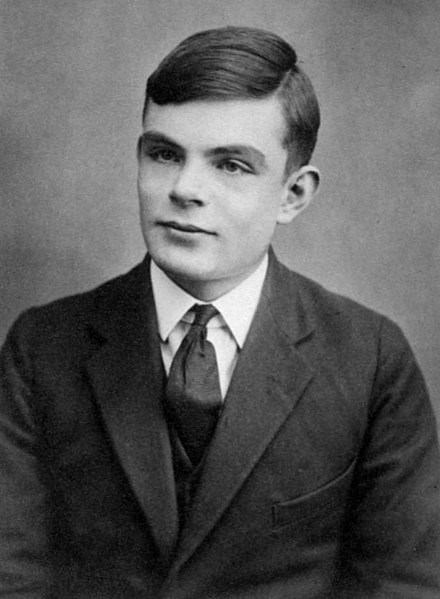

Navigation
Mark Dean
Birth:
:March 2, 1957
Major Academic Events
:Dean did very well throughout his schooling at Tennessse Valley High School. After High school, he went on the the Universoty of Tennesse, where he went in engineering and graduated at the top of his class in 1979. After college he was in search of college, but ended up at IBM that changed his life and the entire computer scinece field. For the majority of his career, Dean was occupied with IBM. Even while Dean did not stop his education. He immediately, he returned to school at Florida Atlantic University to get his master's degree in electrical engineering between. He also received a PhD in electrical engineering from Standford University.
Contributions to Computer Science
:He was co-creator of the IBM perosnal computer released in 1981. He contributed to development of the color PC monitor, the first gigahertz chip (which allowed PCs to work faster), and the industry standard Architecture (ISA) system bus (which allowes devices such as printers to connect direclty to PCs).

Raj Reddy
Birth
:June 13, 1937
Death
:May 23, 1998
Major Academic Events
:Reddy was born in andhra pradesh state in southern India. He received a bachelor's degree (1958) from Guindy College of Engineering, and a master's degree (1960) from the university of New South Wales, Sydney. before moving to United States to obtain a master's degree (1964( and doctorate (1966), both in computer scinece, from stanford University.
Contributions to Computer Science
:He founded and led the robotics Institue in 1979, the forst robotics department at any US university, developing into a world-class center for robotics reseach and education.

Alan Turing
Birth
:June 23, 1912
Death
:June 7, 1954
Major Academic Events
:As a student, Turing was educated at a top private school and entered the University of Cambridge to study mathematics in 1931. He then graduated in 1934. He was a brilliant mathematician, before he earned his masters degree, he made the second most important academic paper to the 20th century. Turing also has an award named after him called the "Turing Award". This award is considered to be the Nobel Prize of computer science.
Contributions to Computer Science
:During World War II, Alan Turing broke the German Enigma Code. Turning made an immense impact on our world today. He decided to take on the Decision Problem and imagined the hypothetical machine. The hypothetical machine would read a tape of symbols, rewrite or erase the symbol before shifting the take left or right. He then called this hypothetical machine the "Computer". Computers have made everything fast and accessible, and it wouldn't have happened without Alan Turing.